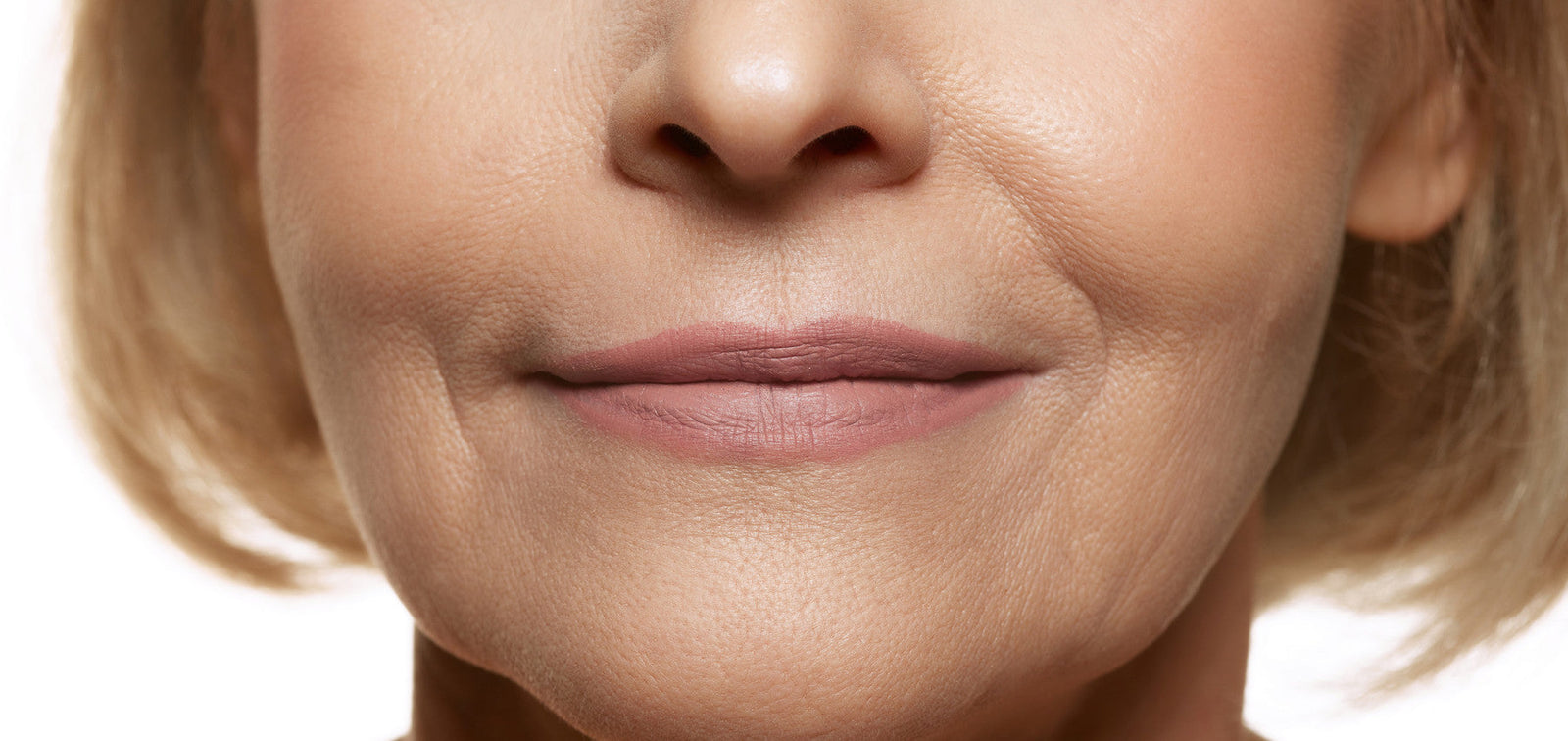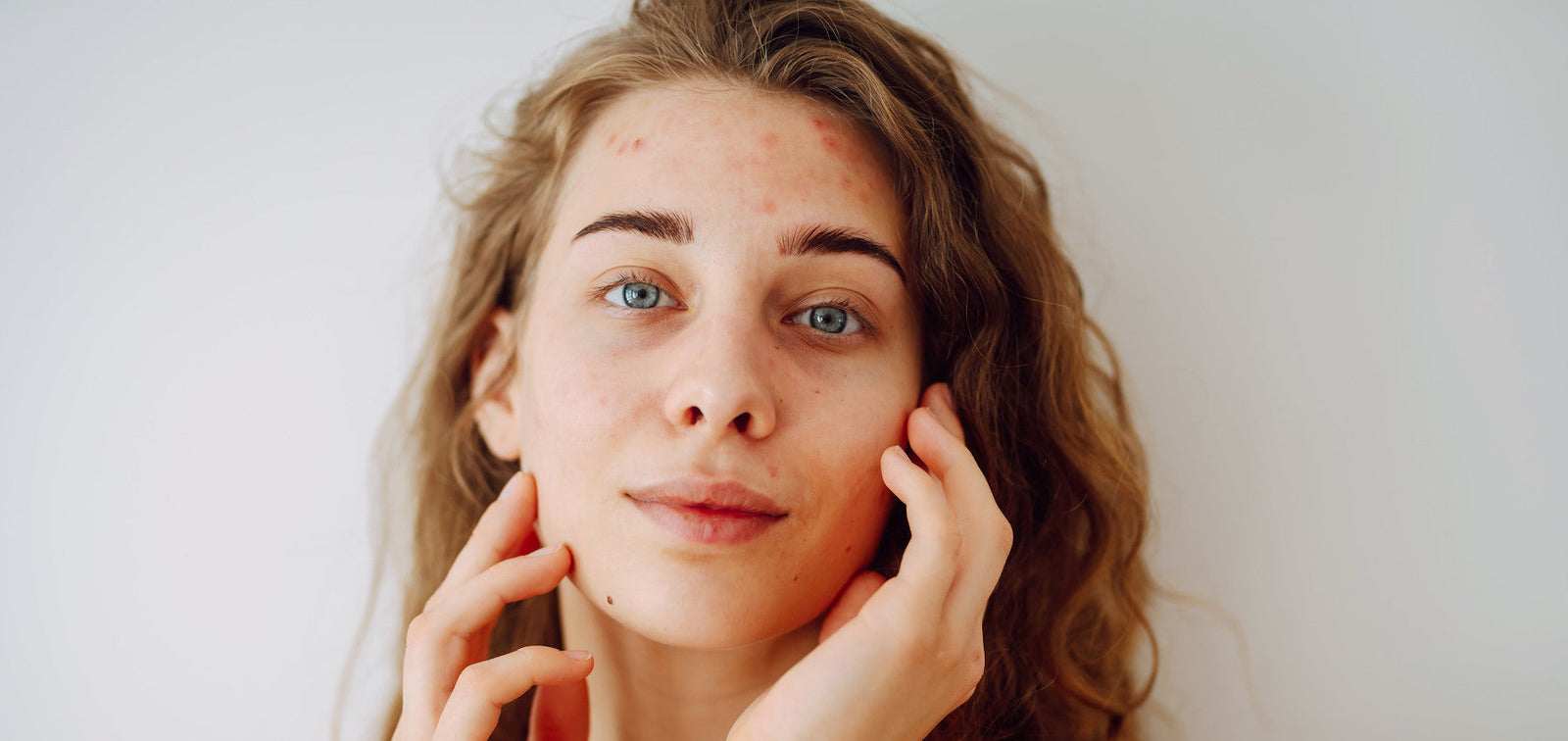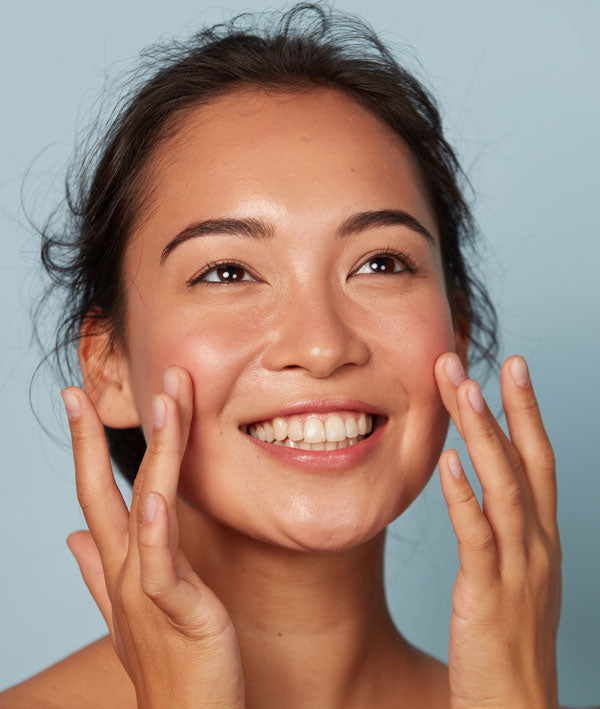Acne is often thought of as a teenage problem, but many adults experience persistent or even late-onset acne well into their 20s, 30s, and beyond. This condition, often fueled by a mix of factors from stress to skincare habits, can affect self-confidence and comfort in one’s skin. Fortunately, there are effective ways to manage and treat adult acne with specialized skincare, such as incorporating serums like Hyaluronic Acid and Vitamin C.
Here, we’ll explore the primary causes of adult acne and offer actionable steps and products to help you maintain a clear, radiant complexion.
What Causes Adult Acne?
While acne in teenagers is often triggered by hormonal changes during puberty, adult acne can be far more complex. Here are the main culprits:
Hormonal Fluctuations: Hormones play a significant role in adult acne. Fluctuations, particularly around menstruation, pregnancy, or menopause, can cause an increase in oil production. This oil can clog pores, leading to inflammation and breakouts. Men may also experience hormonal shifts, though to a lesser extent, particularly during times of stress.
Stress: Stress triggers the release of cortisol, often known as the stress hormone. Elevated cortisol levels can lead to increased oil production, which clogs pores and leads to acne. If you notice more breakouts during high-stress periods, cortisol could be the root cause.
Diet and Lifestyle: A diet high in refined sugars, dairy, and processed foods may worsen acne. Foods that lead to spikes in blood sugar can increase insulin levels, leading to increased oil production. Moreover, habits like lack of sleep and inadequate water intake can aggravate acne, as both impact skin’s ability to repair and maintain balance.
Genetics: Genetics can influence skin type and how likely you are to experience acne. If acne runs in your family, you might be more prone to breakouts, even in adulthood.
Poor Skincare Habits: Using products not suited for your skin type can exacerbate acne. Heavy or oily moisturizers can clog pores, while harsh cleansers may irritate the skin, causing overproduction of oil to compensate.
Environmental Factors: Pollution and humidity can trigger acne flare-ups, as particles in the air can clog pores and cause inflammation. Protecting your skin from environmental stressors is crucial for managing acne in polluted urban environments.
Best Ways to Treat Adult Acne
Knowing the causes is the first step, but adopting a skincare regimen tailored to address these causes can lead to clear, healthy skin. Here are the best treatment options for adult acne, with a focus on incorporating powerful serums:
1. Use a Gentle Cleanser
Opt for a gentle, non-comedogenic cleanser that removes excess oil and dirt without stripping the skin of its natural moisture. Look for cleansers with mild exfoliants like salicylic acid, which can penetrate pores and help reduce acne.
Recommendation: Cleanse twice daily and immediately after sweating to prevent pore-clogging.
2. Incorporate a Hyaluronic Acid Serum
One of the misconceptions about acne-prone skin is that it doesn’t need hydration. However, moisturizing is essential. When skin is dehydrated, it can overcompensate by producing more oil, which can lead to clogged pores. Hyaluronic Acid is a hydrating ingredient that helps the skin retain moisture without feeling heavy or greasy. A high-quality Hyaluronic Acid serum offers hydration while being lightweight and non-comedogenic, making it perfect for acne-prone skin.
Benefits of Hyaluronic Acid Serum:
- Hydrates Without Clogging Pores: Provides moisture without adding oil, ideal for acne-prone skin.
- Reduces Inflammation: Keeps skin calm and balanced, which is beneficial for acne-prone complexions.
- Improves Skin Texture: With regular use, it can help smooth and plump the skin, reducing the appearance of acne scars.
How to Use: Apply Hyaluronic Acid serum after cleansing, morning and night, to damp skin. Follow with a lightweight, non-comedogenic moisturizer to lock in the hydration.
3. Add Vitamin C Serum for Healing and Brightening
Vitamin C serum is a powerhouse for anyone looking to treat acne and improve overall skin health. This antioxidant-rich ingredient brightens skin, reduces the appearance of hyperpigmentation, and fights free radical damage. It’s also known to help boost collagen production, making it especially helpful for fading post-acne scars.
Benefits of Vitamin C Serum:
- Brightens and Evens Skin Tone: Vitamin C can reduce redness and discoloration left by acne, giving your skin a more even tone.
- Speeds Healing Process: Helps repair damaged skin and reduce acne scars.
- Protects Against Environmental Damage: Forms a protective barrier against pollutants, which can help prevent future breakouts.
How to Use: Apply Vitamin C serum in the morning after cleansing and before applying sunscreen. Consistent use can reveal brighter, more even skin over time.
4. Adopt a Balanced, Non-Comedogenic Moisturizer
After applying serums, choose a lightweight, non-comedogenic moisturizer to keep your skin balanced. Even acne-prone skin needs moisture, as dryness can actually worsen acne by triggering more oil production. Look for ingredients like glycerin or ceramides, which maintain skin’s hydration without clogging pores.
5. Protect with Sunscreen Daily
Sun protection is essential, particularly when using active ingredients like Vitamin C. UV exposure can worsen inflammation and darken acne scars. Choose a mineral sunscreen with an SPF of at least 30, as it’s generally less likely to clog pores.
Pro tip: Look for sunscreens labeled “non-comedogenic” to ensure they won’t aggravate acne.
6. Consider Spot Treatments for Targeted Action
Spot treatments with benzoyl peroxide or salicylic acid can be effective for targeting specific pimples. These treatments work to reduce bacteria on the skin and dry out individual breakouts. However, use them sparingly, as they can cause dryness if over-applied.
Lifestyle Adjustments to Support Clear Skin
To complement a solid skincare routine, lifestyle habits can have a positive impact on acne:
- Stay Hydrated: Drinking enough water supports skin hydration and aids in toxin removal.
- Eat Skin-Friendly Foods: Opt for a balanced diet rich in fruits, vegetables, and whole grains, while limiting processed sugars.
- Manage Stress: Incorporate stress-relieving activities like yoga or meditation to help reduce stress-induced breakouts.
- Avoid Picking Pimples: Picking can spread bacteria and worsen inflammation, potentially leading to scars.
Achieving Clear Skin with the Right Routine
Adult acne can be frustrating, but the right products and habits can make a significant difference. Hyaluronic Acid serum hydrates without clogging pores, while Vitamin C serum brightens and fades post-acne marks, making these powerhouse ingredients invaluable in treating adult acne. By pairing these serums with a gentle cleanser, non-comedogenic moisturizer, and daily sunscreen, you can craft a routine that supports clearer, healthier skin over time.
Taking a comprehensive approach—including diet, stress management, and targeted skincare—will not only address current breakouts but also help prevent future ones, giving you the radiant, clear skin you deserve.







